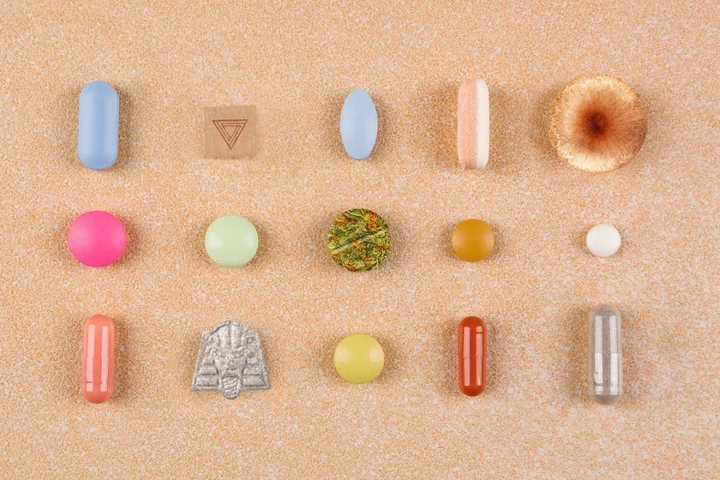The illegal party drug MDMA – also known as ecstasy – may have led to an astonishing turnaround for a former white supremacist, according to one study.
The man, referred to only by his first name, Brendan, took MDMA in February 2020 as part of an University of Chicago research project about whether the drug increased the pleasantness of social touch, Rachel Nuwer, author of new book I Feel Love: MDMA and the Quest for Connection in a Fractured World, wrote for the BBC. Brendan had become indoctrinated into white supremacy while at university in Illinois and gone on to become active within extremist circles, even attending the infamous 2017 rally in Charlottesville and taken on midwestern leadership roles within his organisation.
After using MDMA and filling out the standard questionnaire at the end of the study, run by psychiatry and behavioral science professor Harriet de Wit, he added in bold letters: “This experience has helped me sort out a debilitating personal issue. Google my name. I now know what I need to do,’” Ms Nuwer reported.
Upon googling his name and realizing his connection to white supremacy, the researchers contacted Brendan to ensure his cryptic message did not refer to violence or other worrying behaviour – but he told a research assistant: ‘Love is the most important thing. Nothing matters without love,” Ms Nuwer wrote.
Prof de Wit, speaking to the author nearly two years later, still expressed astonishment at the results.
“Isn’t that amazing?” she said. “It’s what everyone says about this damn drug, that it makes people feel love. To think that a drug could change somebody’s beliefs and thoughts without any expectations – it’s mind-boggling.”
The use of MDMA and psychedelics such as psilocybin – the hallucinogenic component in magic mushrooms – is gaining traction in the medical community, showing promising results for the treatment of disorders such as PTSD and alcoholism.
Brendan later told the author that the MDMA “helped me see things in a different way that no amount of therapy or antiracist literature ever would have done.
“I really think it was a breakthrough experience,” he said, while explaining that many white supremacists had used MDMA previously and the drug alone was unlikely to spontaneously change minds.
Ms Nuwer’s new book explores the uses of MDMA and whether it could “transform people’s beliefs too”.
“MDMA does not seem to be able to magically rid people of prejudice, bigotry, or hate on its own,” she wrote.
“But some researchers have begun to wonder if it could be an effective tool for pushing people who are already somehow primed to reconsider their ideology toward a new way of seeing things. While MDMA cannot fix societal-level drivers of prejudice and disconnection, on an individual basis it can make a difference. In certain cases, the drug may even be able to help people see through the fog of discrimination and fear that divides so many of us.”
Read MoreOregon's magic mushroom experiment steps toward reality
Psychedelic drugs to treat depression without causing hallucinations may finally be near
‘Mystical’ experience using psychedelics may improve mental health, study reveals
Dealer who bought 100,000 paracetamol he thought were diazepam given away by blue lips
Psychedelic drug trip improves symptoms of depression for six months, breakthrough study finds
Trump can’t bully his way out of his latest legal woes | Andrew Feinberg
The 25-year-old party chairwoman who wants to turn North Carolina blue
Trump floats special counsel conspiracy as he claims Fox abandoned ‘King’ of Maga

